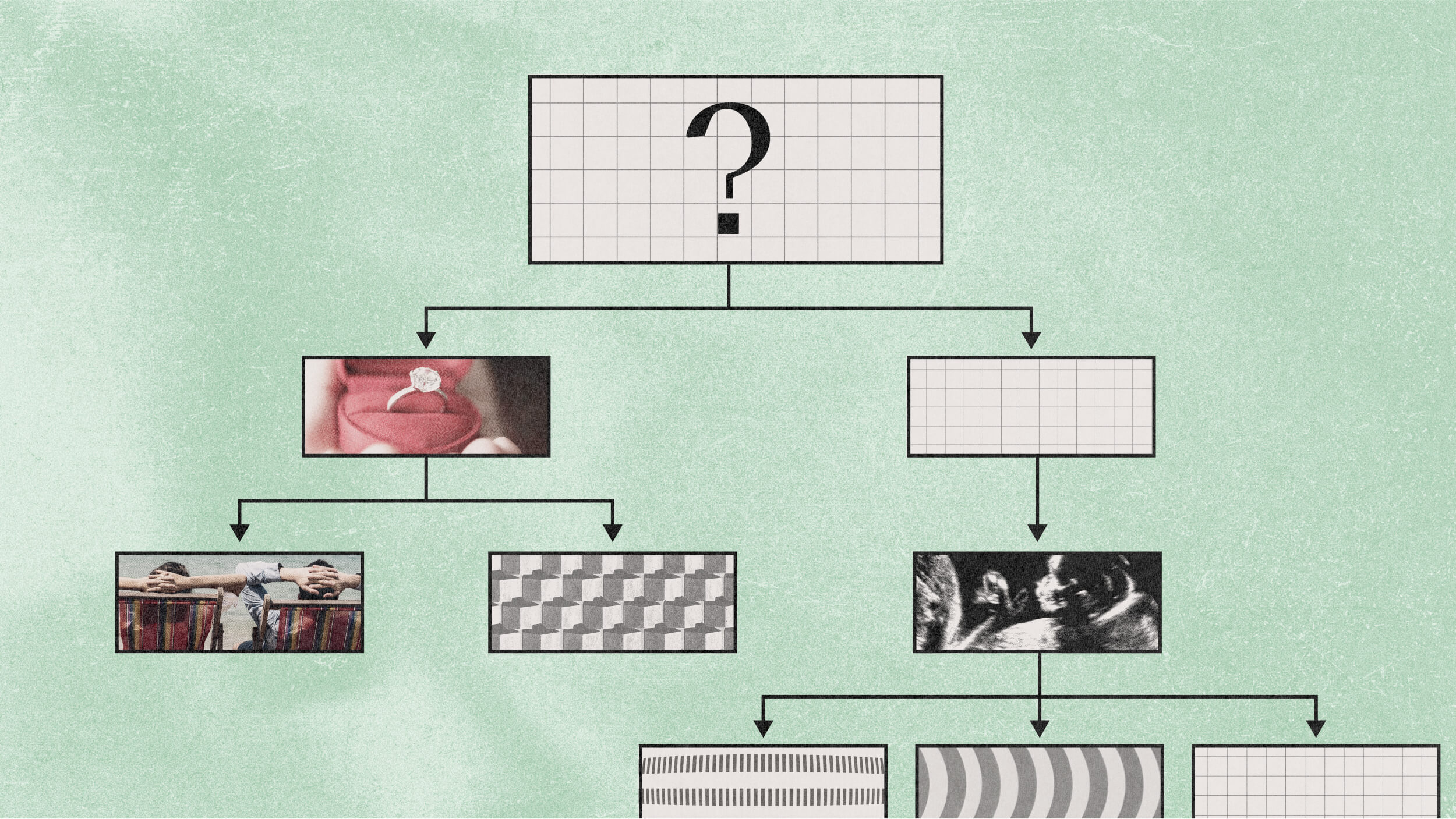America’s Red Army

New York Times columnist Nicholas Kristof recentlywrote that while members of the U.S. armed forces may as a group be politically conservative, “they live by an astonishingly liberal ethos.” Kristof’s point was that the ideals and tradition of the U.S. military do not square well with the extreme laissez-faire capitalism and live-and-let-die libertarianism that have come to dominate conservative politics in the U.S. In fact, Gen. Wesley Clark, the retired former supreme commander of NATO forces in Europe, jokingly told Kristof that the military was “the purest application of socialism there is.”
For all its rigid hierarchy, the military is fundamentally egalitarian. It has historically been at the forefront of racial desegregation in the U.S., and as Kristof says it has done as much to create opportunity for working-class Americans as any social program. Now it is finally recognizing the rights of sexual minorities to serve openly as well. From the military’s perspective what ultimately matters, after all, is your ability and willingness to serve, and not your race, creed, class, or sexual orientation. The Marine Corps’ new top non-commissioned officer, Sgt. Maj. Micheal Barrett, recentlymade this point in response to a question from a marine about letting gays serve. “How dare we, then,” Barrett said, “exclude a group of people who want to do the same thing as you do right now, something that is honorable and noble?”
There is nothing inherently discriminatory about unregulated capitalism or libertarianism, of course. Both assume that in a free society the talented naturally receive the reward their abilities deserve—a dubious proposition in many ways. And both recognize our individual freedom to discriminate against one another, and thereby provide ideological refuge for those with prejudices to defend. The military plays a more active role than the libertarian ideal of government by ensuring that everyone has access to equal opportunity, by investing in the education and training of its personnel, and by providing them with a minimum level of health and child care. The military makes a point of taking care of its own.
What makes sense for the military may not make sense for society as a whole. We would probably not feel very free if our entire society were as regimented as the armed forces. Nevertheless, Kristof is right that we can learn something from the military ideal of service and the military sense of community. The military itself is the embodiment of the fact that the free and fair society we aspire to requires our combined efforts to protect and maintain. It is fair to ask each of us to do their part to take care of and invest in the well-being of our neighbors. We are, after all, all in it together.
Photo credit: PFC Charlie Chavez





